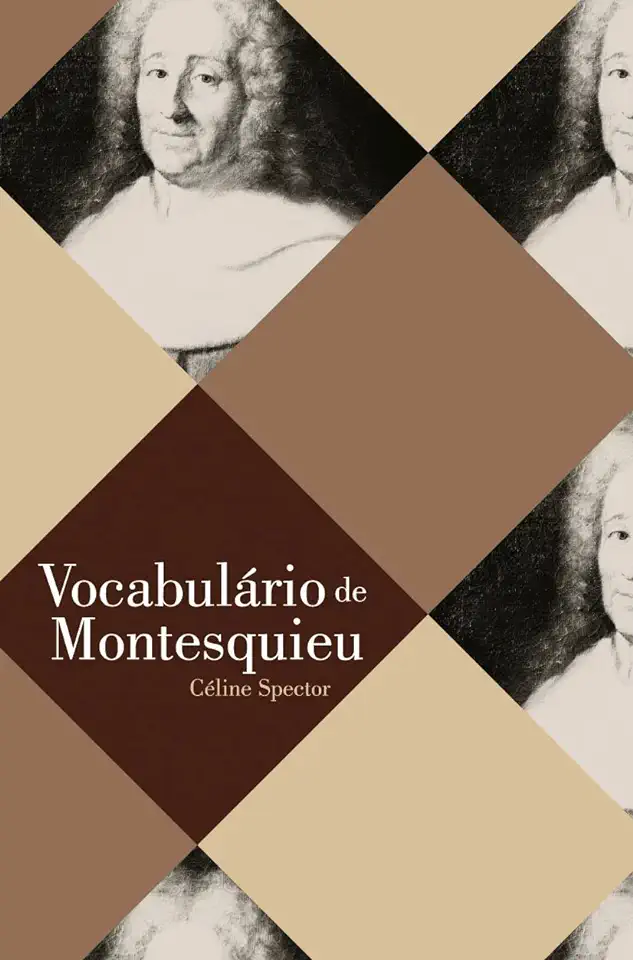
Montesquieu's Vocabulary - Céline Spector
Montesquieu's Vocabulary: A Guide to the Spirit of the Laws
Introduction
Montesquieu's Vocabulary is a comprehensive guide to the political and legal thought of one of the most influential thinkers of the Enlightenment. Céline Spector's book provides a detailed analysis of Montesquieu's key concepts, such as the separation of powers, the rule of law, and the balance of power. Spector also explores Montesquieu's views on a wide range of topics, including religion, commerce, and education.
Montesquieu's Life and Work
Charles-Louis de Secondat, Baron de Montesquieu, was born in 1689 in the Château de La Brède, near Bordeaux, France. He came from a wealthy and noble family, and he received a classical education. Montesquieu studied law at the University of Bordeaux, and he later served as a judge in the Parlement of Bordeaux.
In 1721, Montesquieu published his first major work, the Persian Letters. This book was a satirical account of French society, and it was a huge success. Montesquieu followed up the Persian Letters with several other works, including the Considerations on the Causes of the Greatness of the Romans and their Decline (1734) and the Spirit of the Laws (1748).
The Spirit of the Laws is Montesquieu's most famous work. It is a comprehensive study of the laws and institutions of different societies. Montesquieu argues that the laws of a society should be based on the climate, the geography, and the history of that society. He also argues that the separation of powers is essential for the preservation of liberty.
Montesquieu's Key Concepts
Montesquieu's key concepts are essential for understanding his political and legal thought. These concepts include:
- The separation of powers: Montesquieu argues that the powers of government should be divided among different branches of government. This prevents any one branch from becoming too powerful and oppressive.
- The rule of law: Montesquieu argues that the laws should be clear and predictable. They should also be applied equally to everyone, regardless of their social status.
- The balance of power: Montesquieu argues that the different branches of government should be in balance with each other. This prevents any one branch from becoming too powerful.
Montesquieu's Views on Religion, Commerce, and Education
Montesquieu's views on religion, commerce, and education are also important for understanding his political and legal thought.
- Religion: Montesquieu argues that religion is essential for the maintenance of social order. He believes that religion provides people with a sense of morality and that it encourages them to obey the laws.
- Commerce: Montesquieu argues that commerce is essential for the prosperity of a society. He believes that commerce creates wealth and that it encourages people to be industrious.
- Education: Montesquieu argues that education is essential for the development of a free and democratic society. He believes that education teaches people how to think critically and that it encourages them to participate in public life.
Conclusion
Montesquieu's Vocabulary is a valuable resource for anyone interested in the political and legal thought of the Enlightenment. Céline Spector's book provides a detailed analysis of Montesquieu's key concepts, and it explores his views on a wide range of topics. Montesquieu's work is essential reading for anyone interested in the history of political thought and the development of modern democracy.
Why You Should Read Montesquieu's Vocabulary
Montesquieu's Vocabulary is a must-read for anyone interested in political and legal thought. Here are a few reasons why you should read this book:
- It provides a comprehensive overview of Montesquieu's political and legal thought. Spector's book covers all of Montesquieu's major works, and it provides a detailed analysis of his key concepts.
- It explores Montesquieu's views on a wide range of topics. Spector's book discusses Montesquieu's views on religion, commerce, education, and many other topics.
- It is written in a clear and accessible style. Spector's book is written for a general audience, and it is easy to understand even if you are not a specialist in political theory.
If you are interested in the history of political thought or the development of modern democracy, then I highly recommend that you read Montesquieu's Vocabulary. It is a valuable resource that will help you to understand one of the most influential thinkers of the Enlightenment.
Enjoyed the summary? Discover all the details and take your reading to the next level — [click here to view the book on Amazon!]